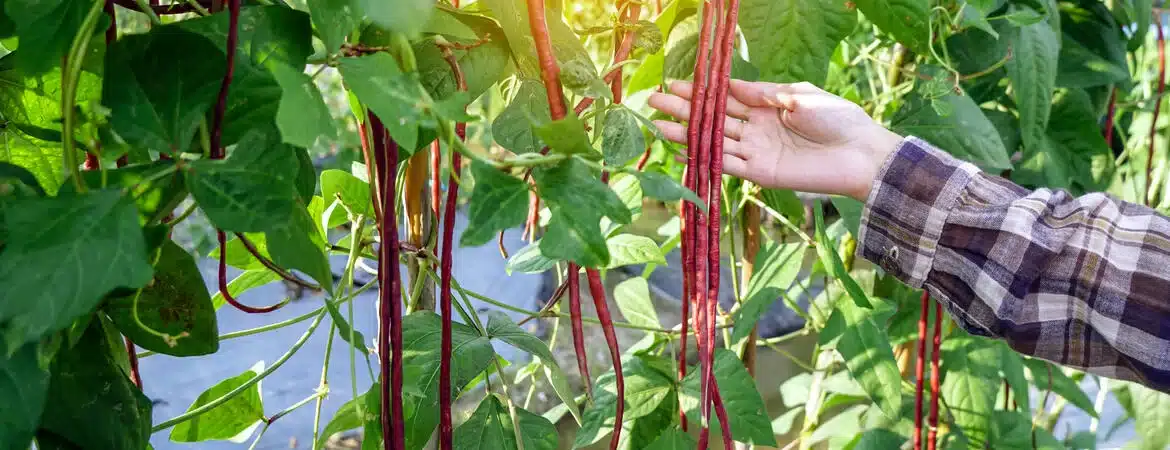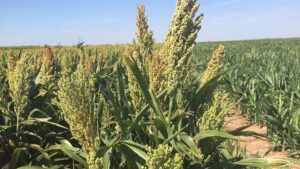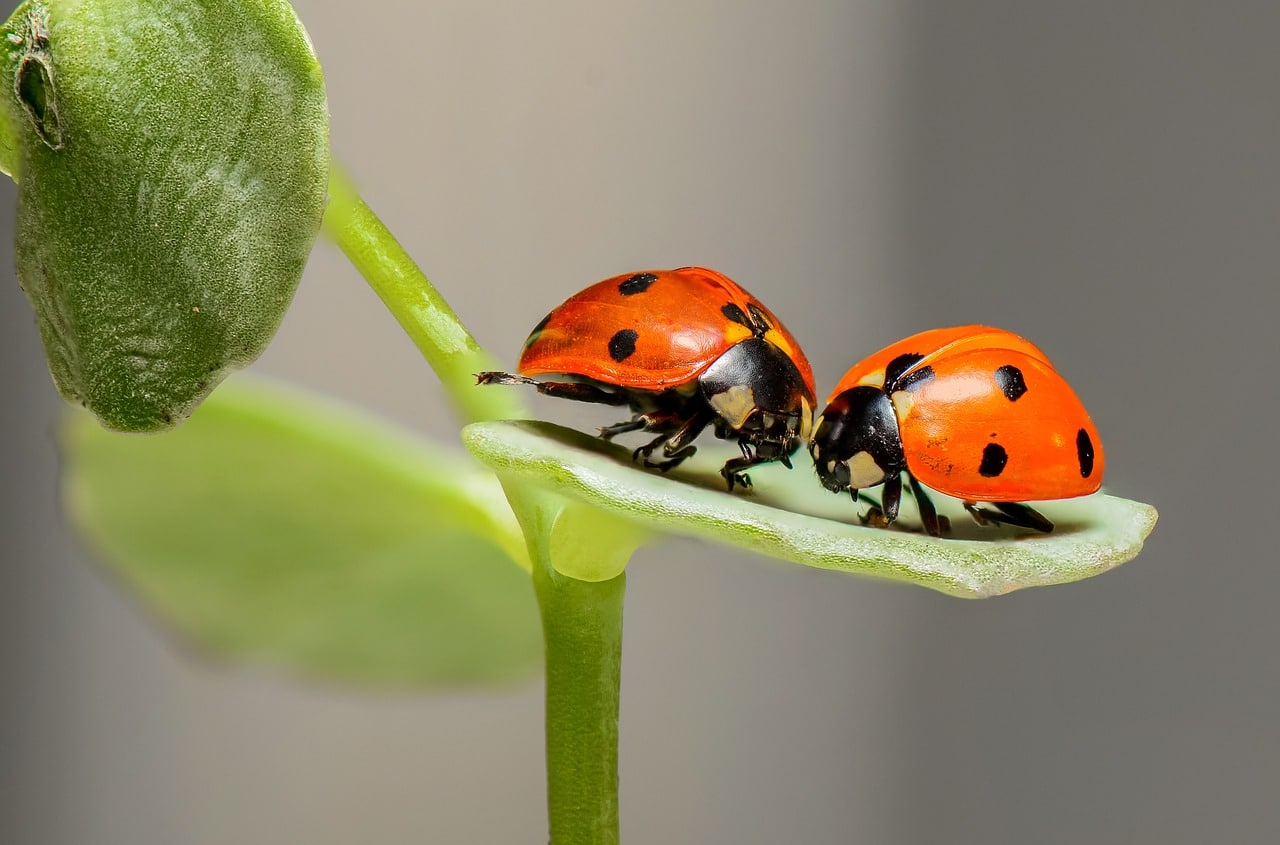Researchers introduce new long bean varieties resistant to aphids and nematodes.
Long beans, also known as yard-long beans for their impressive, up to three-foot length, are popular in Asia, Africa and among Asian communities in the United States. The beans are valued for their nutrition and resistance to heat and humidity, but until now, have been very vulnerable to specific pests.
Specifically, aphids attack the beans’ leaves, killing the plants and/or causing damaged the makes the beans unmarketable. Root-knot nematodes cause galls on the roots, hindering nutrient and water uptake, reducing yield and making the plants more prone to disease. Now, however, scientists have given long beans a way to fight back, developing four new pest-resistant varieties to help reduce farmers’ reliance on pesticides.
“All local varieties of long beans, until now, have been susceptible to aphids and root-knot nematodes. It’s very difficult to control aphids, as they can move from crop to crop on diversified farms,” University of California, Riverside plant geneticist Bao Lam Huynh, lead author of the research project said in a release.
“Local consumers are aware of how much these beans get sprayed, so they’re reluctant to buy the beans. Consequently, the farmers are struggling to sell this product.”
To tackle these issues, Huynh and his team collaborated with long bean growers in California, most of whom are of Hmong ancestry originally from southwestern China, through the UC Cooperative Extension in Fresno, California. Through this collaboration, the researchers discovered that long beans required more pesticide than any other crop.
Working with over $400,000 in funding from the California Department of Food and Agriculture, the team worked for 32 months with the University of California Cooperative Extension and Fresno-area farmers to develop new pest-resistant varieties by crossing local long beans with African cowpeas known for their pest resistance.
“Our idea was to develop resistant varieties not only to minimize the amount of pesticide but to help bring back the market for long beans. Thankfully, the California Department of Food and Agriculture was supportive of this idea,” Huynh said.
The project successfully developed three new varieties resistant to aphids and one variety that repels root-knot nematodes.
“The nematode-resistant variety can be grown in rotations to benefit other crops, as they could help suppress nematode populations in the fields where they are planted,” Huynh said. “Without plants like these, farmers would have to use a nematicide to control the worms.”
One of these new varieties boasts shorter stems, eliminating the need for trellises and making mechanical harvesting easier, which will lower production costs compared to traditional hand-harvesting methods.
The team is currently introducing these new varieties to Central Valley farmers. It has plans to develop varieties resistant to both pests in the future.
“We want growers to see all the benefits of these new varieties, such as cleaner air from fewer pesticides, less expensive production, safer food, and hopefully, increased demand,” Huynh said.












